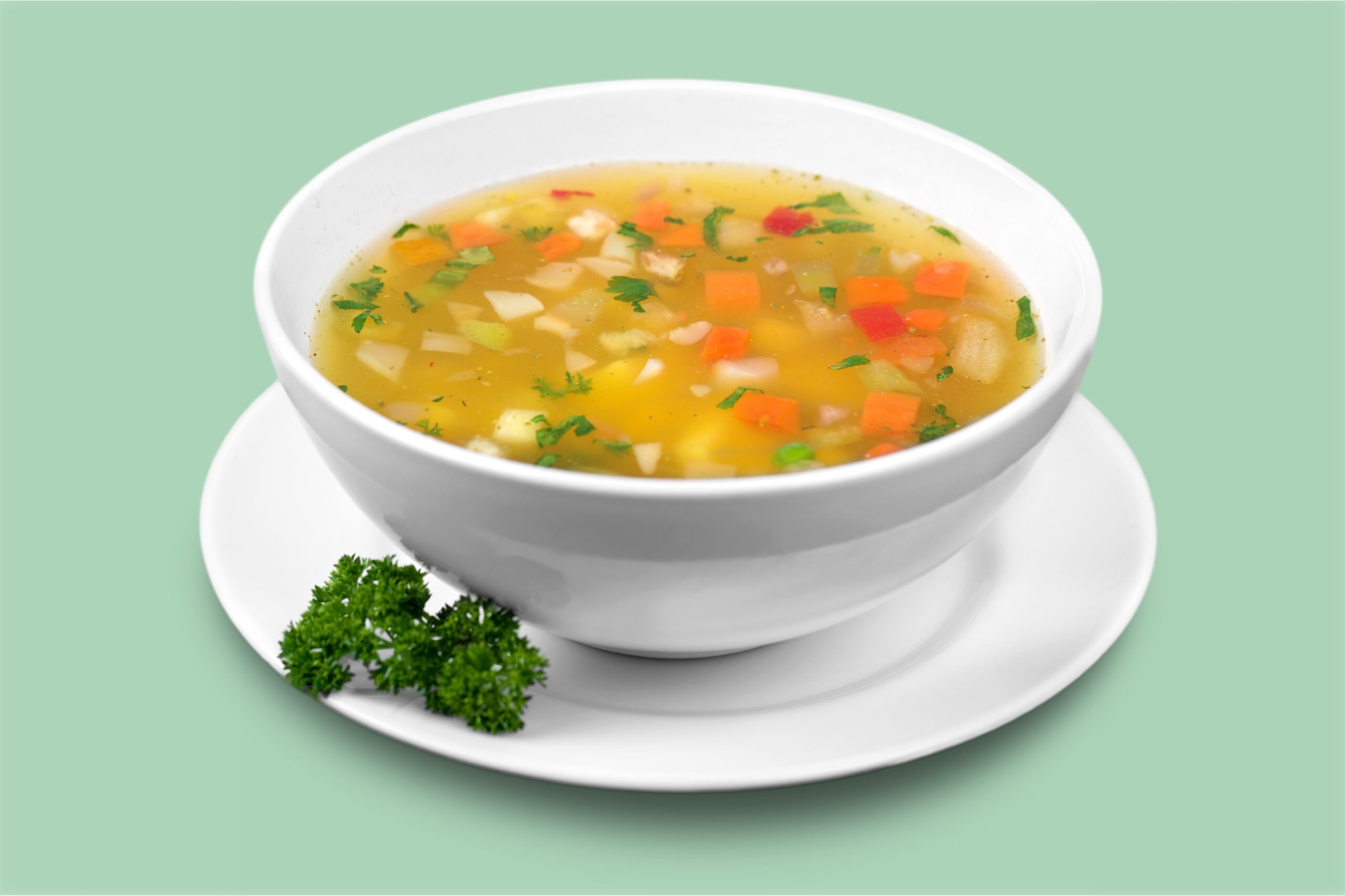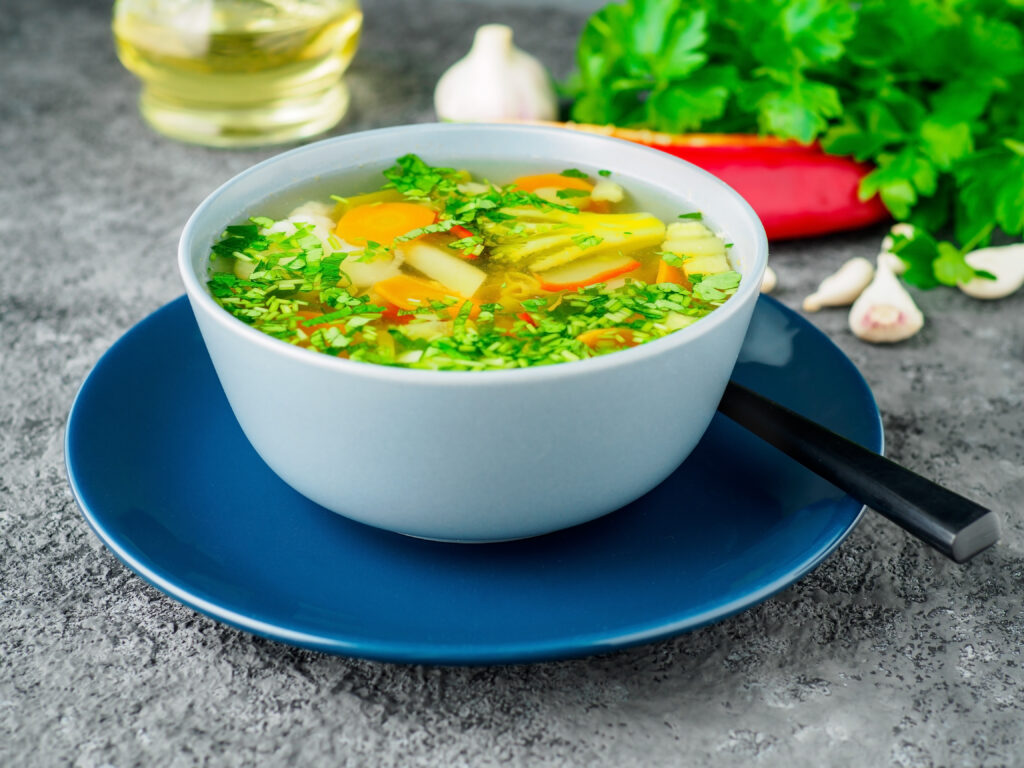- HUMOR
The 75 Very Best Chicken Jokes


Vegetable soup is a comforting, nutritious dish that serves as a versatile base for countless variations. Whether you’re looking to warm up on a chilly day or seeking a light and healthy meal, understanding the essential ingredients and techniques can elevate your soup-making skills. This guide will walk you through the key components, storage solutions, and creative twists to transform a simple vegetable soup into a culinary masterpiece.
A classic vegetable soup starts with a foundation of fresh, vibrant vegetables. The key to a delicious soup is selecting ingredients that complement each other while providing a robust flavor profile.
These vegetables create a balanced flavor, but feel free to experiment with others like zucchini, bell peppers, or green beans.
Mastering the art of vegetable soup requires a few essential techniques that can significantly impact the final dish.
Start by sautéing onions, garlic, and celery in olive oil until they become translucent. This step builds a flavorful base.
Add the remaining vegetables and cover them with vegetable broth or water. Simmer gently to allow flavors to meld and vegetables to tenderize.
Season with salt, pepper, and herbs like thyme or bay leaves. Taste frequently and adjust seasoning as needed.
Proper storage extends the life of your soup and ensures it remains safe and delicious for future meals.
Store leftover soup in airtight containers in the refrigerator for up to 3-4 days. Allow the soup to cool to room temperature before refrigerating to prevent bacterial growth.
For longer storage, freeze soup in portion-sized containers. Leave some space at the top of each container to accommodate expansion during freezing.
Freezing vegetable soup is an excellent way to preserve its freshness and flavor. Follow these steps to ensure the best results.
Proper reheating is crucial to maintaining the integrity and taste of your vegetable soup.
Transfer the soup to a saucepan and heat over medium-low, stirring occasionally until warmed through. Avoid boiling to preserve texture.
Place soup in a microwave-safe dish, cover with a microwave-safe lid or plastic wrap, and heat on medium power in 1-minute intervals, stirring in between.
Avoiding common pitfalls can make the difference between a good soup and a great one.
Overcooked vegetables lose their texture and flavor. To fix this, add fresh vegetables towards the end of cooking for a burst of freshness.
Insufficient seasoning results in bland soup. Always taste and adjust seasoning throughout the cooking process.

Experimenting with different ingredients and techniques can lead to delightful new versions of vegetable soup.
The choice between vegetable broth and water can significantly impact your soup’s flavor profile.
Vegetable broth adds depth and richness, while water provides a lighter base that allows the natural flavors of the vegetables to shine. For a more robust flavor, opt for broth; for a lighter soup, use water.
Seasonal vegetables not only enhance flavor but also add variety and nutritional benefits to your soup.
These recipes are perfect for those short on time but craving a homemade soup.
Boosting the protein content of your vegetable soup can make it a more satisfying meal.
A well-garnished soup can elevate the dining experience, making it visually appealing and enhancing flavor.
A flavorful stock is the backbone of a great vegetable soup. Here are some tips to enhance its richness.
Roasting vegetables before simmering them in water can intensify their flavors and add depth to the stock.
Include herbs like thyme, bay leaves, and peppercorns to infuse the stock with complex flavors.
Homemade vegetable soup is not only delicious but also packed with nutrients.
Rich in vitamins, minerals, and fiber, vegetable soup supports a healthy diet and can be tailored to meet various dietary needs. By controlling the ingredients and preparation methods, you can ensure a nutritious and wholesome meal.
By understanding the essential ingredients and techniques, you can create a delicious vegetable soup that suits your taste and dietary preferences. With the added knowledge of storage and reheating, your soup will remain a comforting and convenient meal option.